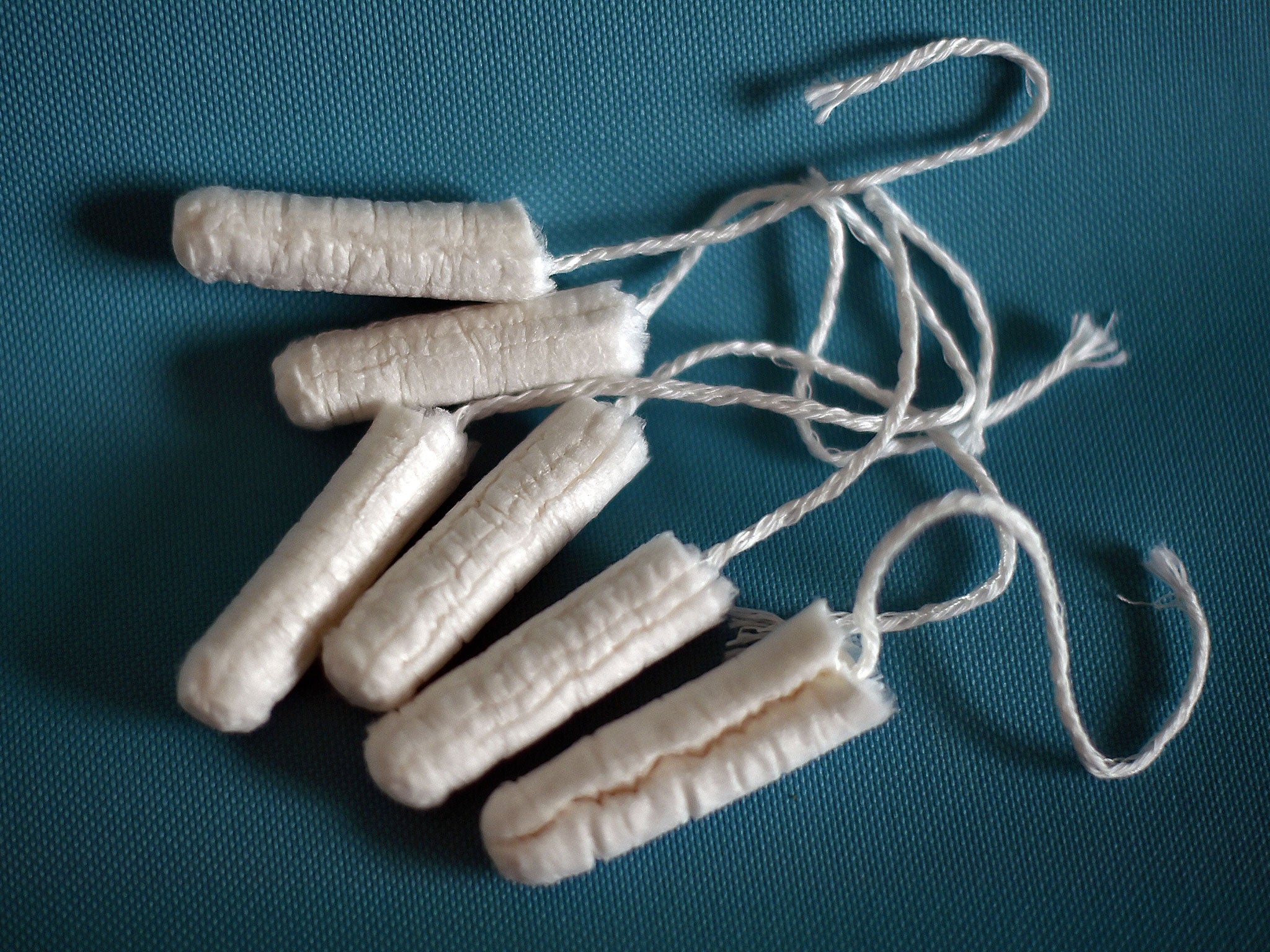Menstrual cramps: What causes painful periods?
A firm in Bristol has said that workers can take time off it they are in pain

A firm in the UK has announced that it hopes to “break the last great taboo” by allowing workers to take time off if their periods are causing them pain.
Of the 24 members of staff who work at Coexist, a community interest group in Bristol, seven are men.
Bex Baxter, one of the directors at Coexist, said: “As a manager of staff I have seen women really suffer with their periods and I have found them doubled over in a lot of pain.”
"They feel guilty and ashamed for taking time off and often sit at their desks in silence not wanting to acknowledge it.
"It started from there and we thought we had to see what we could do about it and try and break the last great taboo," she said.
What causes menstrual cramps?
Dysmenorrhoea is the official term for menstrual cramps, but they are also referred to as period pains.
They are caused when the muscular wall of the uterus contracts, caused it to push against blood vessels - cutting off the oxygen supply to the womb, according to the NHS.
What does it feel like?
Dysmenorrhoea varies from person to person. In general, it manifests itself as an aching feeling in the lower abdomen, lower back, hips and thighs. For some, it can develop into contraction-like spasms. For others it is felt as a dull constant pain.
Severe cramps can also cause vomiting and loose stools.
One woman who was asked by BuzzFeed to describe her cramps said they were like “my backbone is in a screw clamp.”
This feeling can last up to three days after menstruation begins. But, cramps often lessen as a woman ages, and can stop completely after she gives birth, according to WebMD.
Period euphemisms around the World
Show all 8How can you stop the pain?
Pain killers such as aspirin and paracatemol can be used to tackle the discomfort. Placing a warm hot water bottle over the painful area or taking a warm bath can also be soothing for those with mild symptoms.
Gently massaging the lower back and abdomen also works for some people.
WebMD recommends avoiding foods that contain caffeine and salt, as well as alcohol and smoking.
Overall, exercising regularly lessens the risk of menstrual cramps.
But for those who want to cut the chance of pain with medication, doctors can prescribe oral contraceptives.
Can it be a sign of something else?
While dysmenorrhoea is common and normal, it can be linked to medical issues such as endometriosis or pelvic inflammatory disease.
Those with severe period pain should visit their GP to check that an underlying condition is not the cause, according to the NHS.
Additional reporting by PA
Subscribe to Independent Premium to bookmark this article
Want to bookmark your favourite articles and stories to read or reference later? Start your Independent Premium subscription today.

Join our commenting forum
Join thought-provoking conversations, follow other Independent readers and see their replies